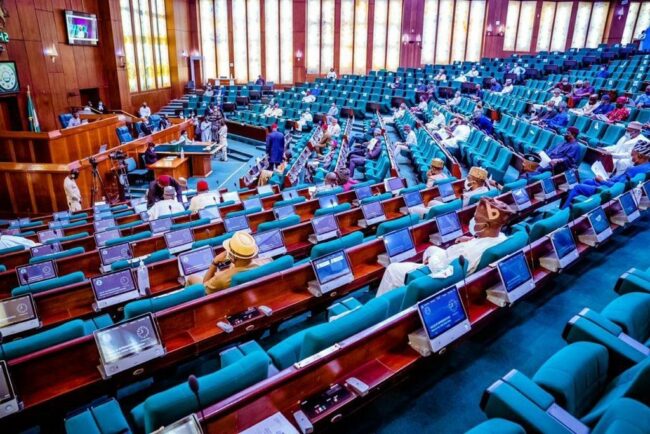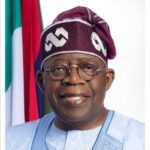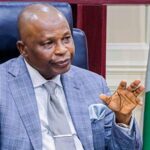
The Senate on Thursday halted consideration of the 2025 Electoral Bill, which was set up to regulate the conduct of federal, state, and FCT area council elections.
The decision, taken during plenary, was to allow lawmakers more time to consult and review the proposed changes before the next sitting.
Earlier in the week, both the Senate and the House of Representatives held a joint public hearing on the bill through their Committees on Electoral Matters. The proposed law aims to amend the 2022 Electoral Act and introduce new provisions for future elections.
One of the key proposals is to move the 2027 presidential and governorship elections from the usual February or March schedule to November 2026.
While presenting the general principles of the bill, the Chairman of the Senate Committee on Electoral Matters, Senator Simon Lalong (Plateau South), said the legislation represents a major reform rather than a minor adjustment. He explained that it is designed to make Nigeria’s electoral system more credible, transparent, and inclusive.
According to him, the 2023 general elections exposed both strengths and weaknesses of the current framework.
“The 2023 elections tested our democracy in profound ways. While the 2022 Act introduced landmark innovations, it also exposed critical gaps — delays in election funding, disputes over voter registers, conflicting interpretations of result transmission, and weak enforcement of electoral offences,” Lalong stated.
He added that Nigerians are not expecting “patchwork corrections” but a complete reform that will restore public confidence in the electoral process.
However, Senate President Godswill Akpabio, who presided over the session, noted that the presentation by Lalong did not include detailed explanations of the bill’s provisions. He then suggested that the chamber hold an executive session to deliberate further.
Senate Leader Opeyemi Bamidele (Ekiti Central) opposed the idea, arguing that the day was not suitable for such a closed-door meeting. He instead recommended that the bill be postponed to another legislative day.
Following his suggestion, Akpabio put the matter to a voice vote, and the majority of senators agreed to step down the bill pending further discussions.
The article was originally published on Politics Nigeria.


